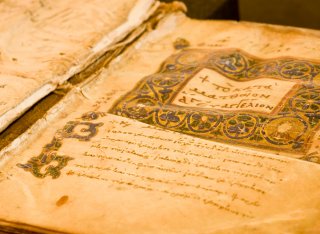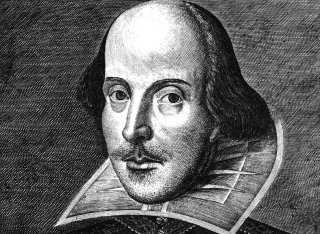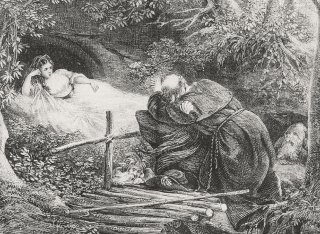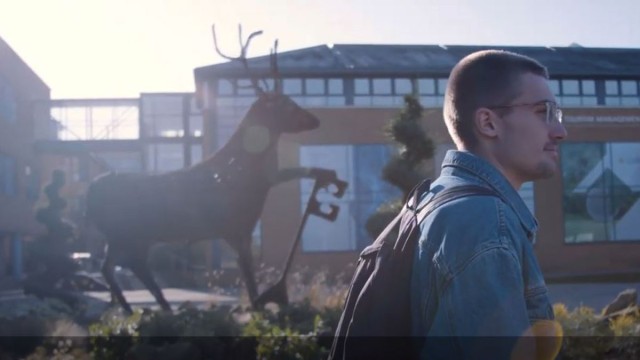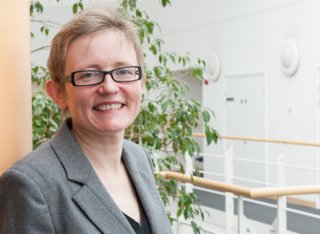
Centres and groups
Our research groups contribute to research seminars, organise symposia, workshops, and conferences, encourage research collaborations with external academic and non-academic organisations and explore public engagement opportunities.
Research groups
Our research groups contribute to research seminars, organise symposia, workshops, and conferences, encourage research collaborations with external academic and non-academic organisations and explore public engagement opportunities.
Research centres
We have two major research centres.
Events
Surrey Morphology Group projects
Centre for Translation Studies projects
New Approaches to Medieval Literature Group
We develop and apply new theoretical and methodological approaches to researching medieval literature, with specific focus on feminism, queer theory, postcolonialism and the global. Our work centres on innovative ways of understanding texts produced in the period c.600-c.1500. Gender and sexuality, race and ethnicity, multilingualism, and spatiality and temporality are key topics we address.
Literary journalism
Find an expert
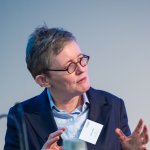
Professor Diane Watt
Research lead
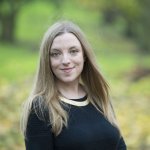
Dr Leona Archer
Senior Lecturer in French
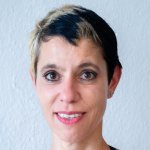
Dr Judith Kaup
Lecturer in German

Dr Amy Morgan
Lecturer in Medieval Literature
Potential Literatures Group
We examine the development of new literary forms in contemporary fiction, poetry and film, and the history of innovative forms in the twentieth and twenty-first centuries from literary-historical, literary-theoretical, and filmic perspectives. Our work is organised around the idea of literary potential, combining work by both theorists and practitioners of literature.
Impact in conversation
Hear from Dr Stephen Mooney talking about the importance of contemporary literature and creative writing research and its impact.
Find an expert
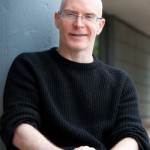
Dr Stephen Mooney
Research lead
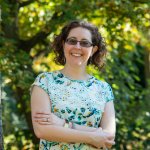
Dr Liz Bahs
Senior Lecturer in Creative Writing; Programme Director for BA English Literature and / with Creative Writing
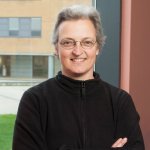
Dr Helen Hughes
Visiting Lecturer

Dr Allan Kilner-Johnson
Professor of English Literature
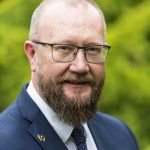
Professor Bran Nicol
Professor of English Literature / University Co-Lead for Research Culture: People and Environment
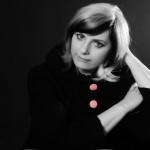
Dr Angela Szczepaniak
Lecturer in Creative Writing

Dr Paul Vlitos
Senior Lecturer in Creative Writing
Victoriographies Group
We research the literature of, and writings about the long nineteenth century. Our research interests focus on nineteenth-century literature and visual cultures, travel writing, Victorian creative partnerships, theatre and sensation fiction, Victorian celebrity, nineteenth-century narratives of the past, decadence and Neo-Victorianism.

Seminar series
We run monthly seminars dedicated to Victorian and Neo-Victorian literature. Past seminars have included Lillian Nayder on "Dickens, flesh and blood" and Talia Schaffer on "The fortunate fall: ill writing and Sanditon".
Literary journalism
Find an expert
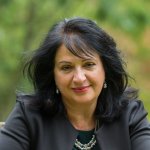
Professor Patricia Pulham
Research lead
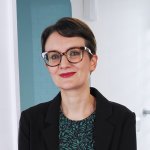
Dr Charlotte Mathieson
Senior Lecturer in Nineteenth-Century English Literature
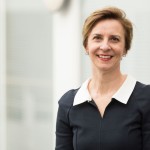
Dr Beth Palmer
Associate Professor in English Literature
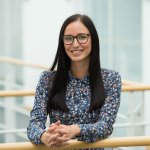
Dr Lucy Ella Rose
Lecturer in Victorian Literature


